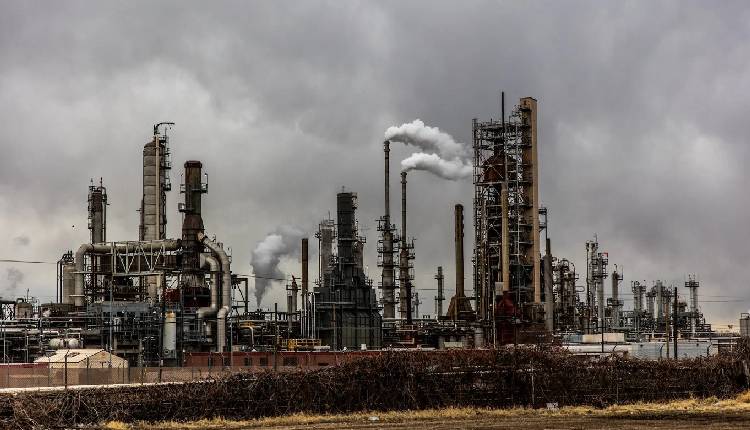Singapore is offering significant tax rebates to refiners and petrochemical companies for 2024 and 2025 to mitigate the impact of its planned carbon tax, sources familiar with the matter revealed.
These rebates, up to 76 per cent, aim to alleviate cost pressures and maintain competitiveness against global rivals, particularly newer plants in China and the Middle East.
Under the current carbon tax structure, effective January 1, businesses emitting over 25,000 metric tons of carbon annually face a rate of $25 per ton until 2025, up from $5 per ton between 2019 and 2023.
The tax is set to rise to $45 per ton in 2026–2027 and between $50 and $80 per ton by 2030, as announced by the government in 2022.
Consulting firms estimate the carbon tax costs at 80 cents to $1 per barrel of crude input, nearly a quarter of the current margins for Singapore’s refineries. Major players like Shell, ExxonMobil, and the Singapore Refinery Co. (SRC) are eligible for transitional rebates, reducing the final tax burden to $6–$10 per ton of emissions.
Singapore, home to three refineries with a combined capacity of 1.119 million barrels per day, has implemented this framework to support emissions-intensive trade-exposed sectors amid the shift towards decarbonisation.
The government emphasises that while companies will receive rebates, they must pay the full $25 per ton initially and then apply for refunds.
The policy, aimed at fostering the energy transition, includes allowances based on efficiency benchmarks or companies’ decarbonisation plans.
The Ministry of Trade and Industry and the National Environmental Agency underscored the transitional nature of these measures, subject to international carbon pricing developments and technological advancements.
This move comes amid discussions within Singapore’s refining sector about the implications of higher carbon taxes, coinciding with shifts in global refining dynamics post-COVID and geopolitical disruptions affecting trade flows.
Attribution: Reuters.


